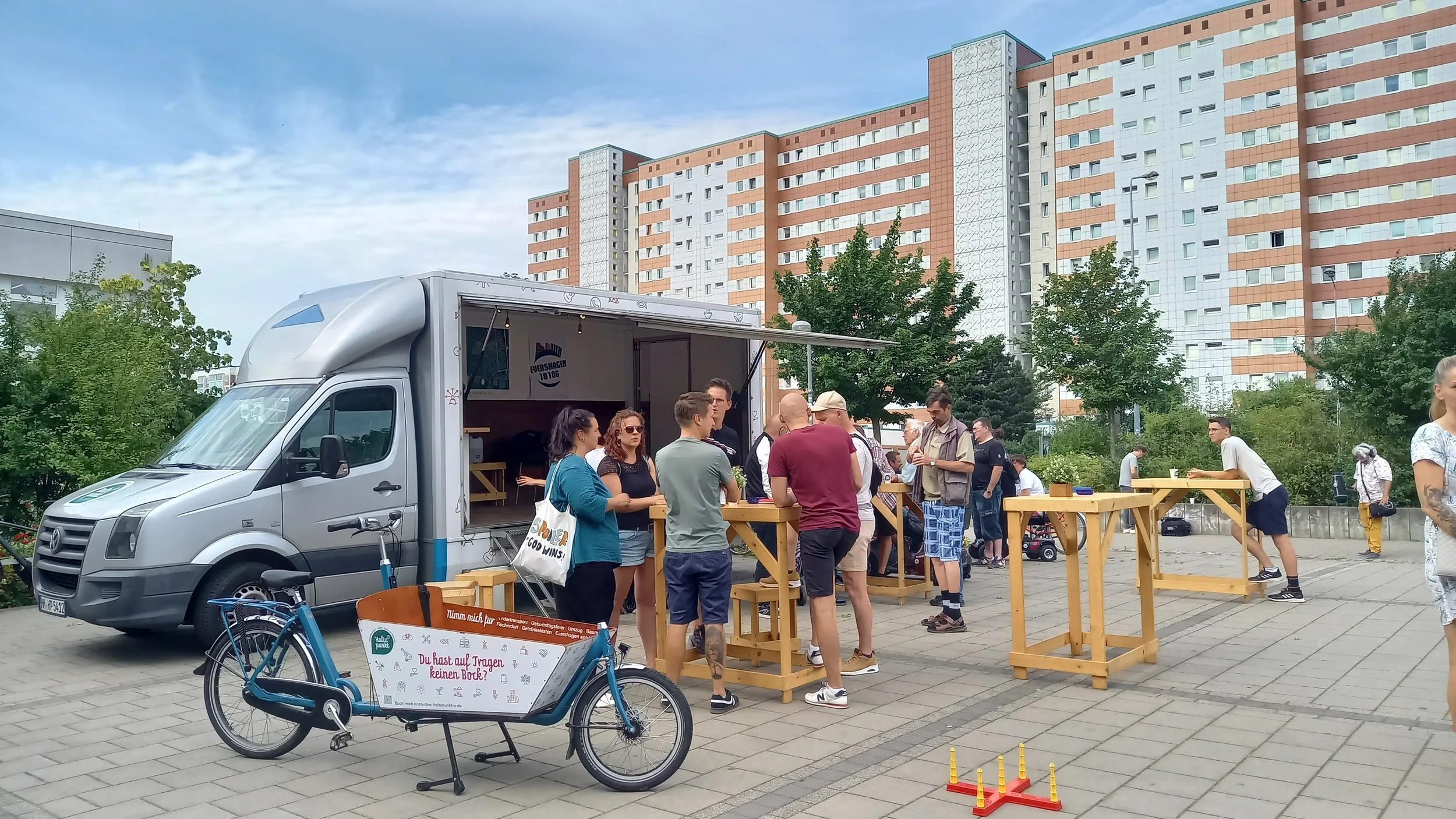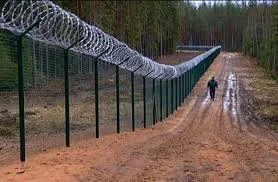Across Central and Eastern Europe nationality dictates religious affiliation to Orthodoxy. any change from the inherited Christian tradition to another Christian denomination such as Brethren or Baptist, is seen as betrayal of their ancestors’ Church.
Read MoreEast Germany, once the birthplace of the Protestant Reformation, is now among the most irreligious regions in Europe,. where many people grow up without ever encountering the Christian faith. What does it mean to speak of mission in a society shaped by religious indifference?
Read MoreArriving in Seoul for L4, I was struck by the palpable sense of purpose and urgency. The conference was not merely a gathering but a call to action.
Read MoreWhat matrix are we to use when thinking in terms of polycentric and multidirectional mission in Central and Eastern Europe? How can the churches kept in isolation and under national persecution stay connected with other similar churches or mission bodies around the globe?
Read MoreSince the Russian invasion armies crossed the Ukrainian border, over three and a half million Ukrainian refugees have crossed several European borders, seeking refuge from the destruction of their country. Across Europe people manifest their solidarity with the plight of the people from that beleaguered country whose name, significantly, means ‘Border land’.
Read MoreI grew up in Estonia, behind the Iron Curtain, the heavily militarised border between Western capitalist countries and the Communist Bloc led by the Soviet Union. For me a border to the world outside was set in stone or in iron. Crossing was impossible.
Read MoreJust under 1/3 of all participants at the Lausanne 20/21 gathering were from Central and Eastern Europe. As the percentage of born-again Christians across Eastern Europe is much smaller than in Western or Northern European countries, this shows that organising committee put effort to mobilize participants from Eastern Europe.
Read More







